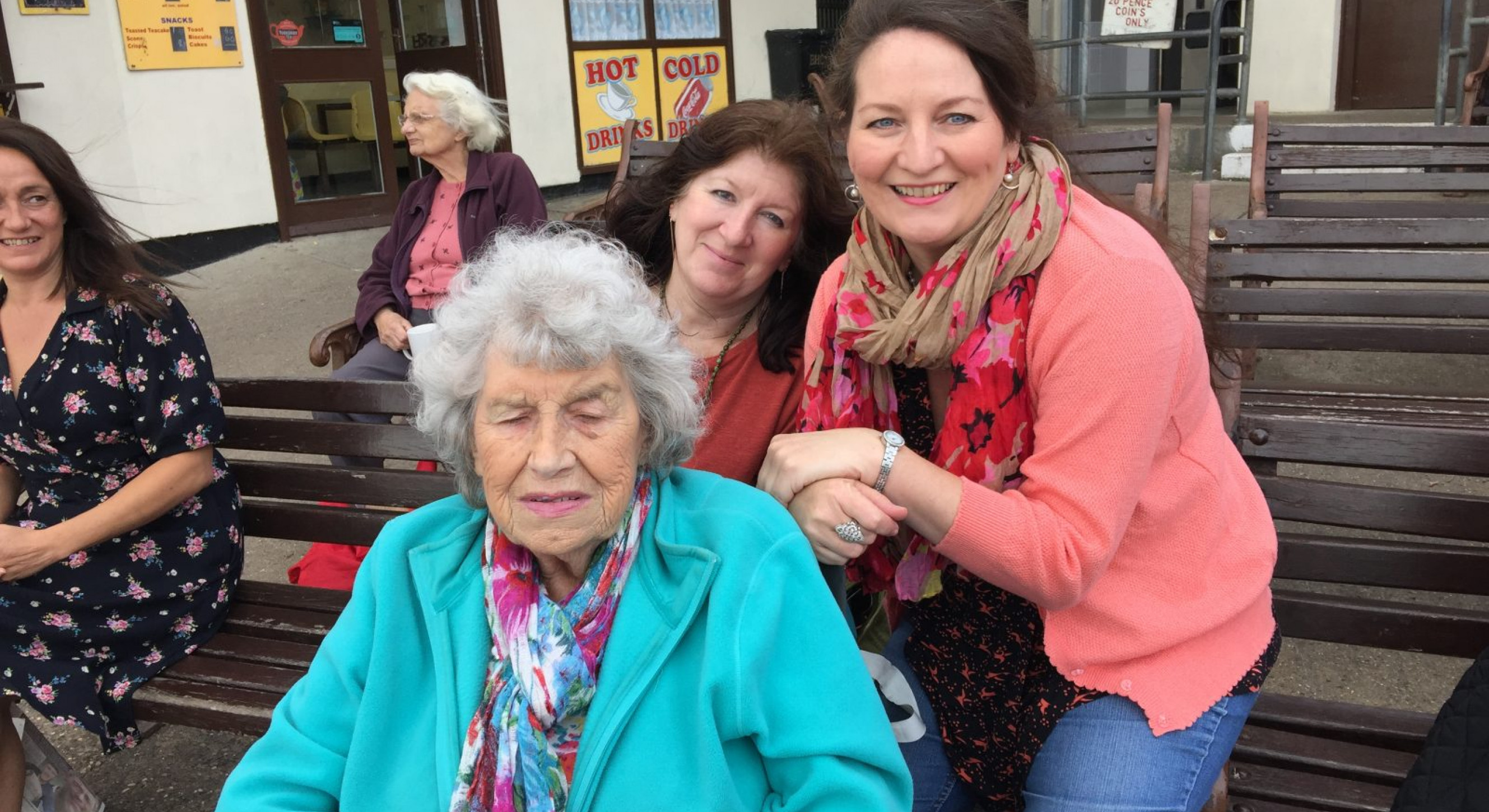Marie Dillon, Irish in Britain’s Health Development Officer, writes in the Irish Post
The Christmas period is often a time of heightened awareness around loneliness. It’s also when thousands of Irish migrants return “home” for the holidays, but the reality for many other Irish people in Britain is a Christmas alone. The recent government strategy on tackling loneliness cites it as “one of the greatest public health challenges of our time” and says it can be as damaging to physical health as smoking. Loneliness is of particular importance to the Irish in Britain with 1 in 5 Irish people living alone and 240,000 Irish people aged 60–79 in England.
The Irish have a long history of migration to Britain. Since one of the biggest influxes here in the 1960s, we have established ourselves in many ways as a resilient and thriving community. Despite this, the health profile of the Irish in Britain remains markedly poor in comparison to our hosts. Heart disease, dementia, depression and suicide, all of which have been linked to loneliness, are significantly high.
The closeness and similarities between Ireland and Britain can make it easy to forget that, like all migrant communities, Irish people have distinct cultural traits that signify the need for culturally sensitive health initiatives.
One of the key messages from the recent Lancet commission on health and migration “The health of a world on the move”, stated that government health solutions “should be specific to the diverse migrant population”. In this context, a key area of Irish in Britain’s (IiB) work is around the Department of Health’s recommendation to have a separate ethnic monitoring category for the Irish. The persistent exclusion of the Irish from government health policies lends itself to exacerbated health inequalities and compromises the effectiveness of strategies, including on loneliness.
On the other hand, many of IiB’s 100 plus member organisations work directly with the most vulnerable in our society, providing culturally sensitive and local solutions. IiB’s Green Hearts campaign is an example of a national collaborative approach towards increasing heart health awareness; engaging Irish charities, Gaelic clubs, businesses, MPs and volunteers across Britain. Loneliness is not just an older person’s issue, it can affect any one at any age. For the thousands of migrants arriving here annually, Gaelic football and hurling clubs are often the first port of call for those seeking employment, accommodation and friendship.
From a simple “hello” to strategic political leadership, we all have our part to play in reducing loneliness. As IiB continues to campaign for Irish visibility, the immense community effort, and the exceptional generosity of Irish businesses in Britain, is an example of a community taking ownership at a grass roots level, forging the way for a healthier more connected society.
